AI Tools: Revolutionizing Industries with Smart Solutions
Artificial Intelligence (AI) has been steadily transforming various sectors with its smart tools and innovative technologies. These AI tools � simplify complex processes, improve decision-making, and enhance productivity. Whether you’re in business, healthcare, education, or marketing, AI tools can provide valuable insights and automate tasks, making everyday operations smoother and more efficient.
In this article, we’ll explore what AI tools are, their applications across different industries, and how they are reshaping the future.
What Are AI Tools?
AI tools are software applications that use artificial intelligence to perform tasks that typically require human intelligence. This includes functions like speech recognition, decision-making, language translation, and even visual perception. AI tools are designed to mimic human cognitive functions and, in many cases, surpass them in speed, accuracy, and consistency.
Types of AI Tools
AI tools can be classified into several categories depending on their functionality:
1. Machine Learning Tools:
Machine learning (ML)is a subset of AI where tools are trained on data to identify patterns and make decisions. Popular ML tools include TensorFlow and Scikit-learn, which help developers create models that learn from data and improve over time without being explicitly programmed.
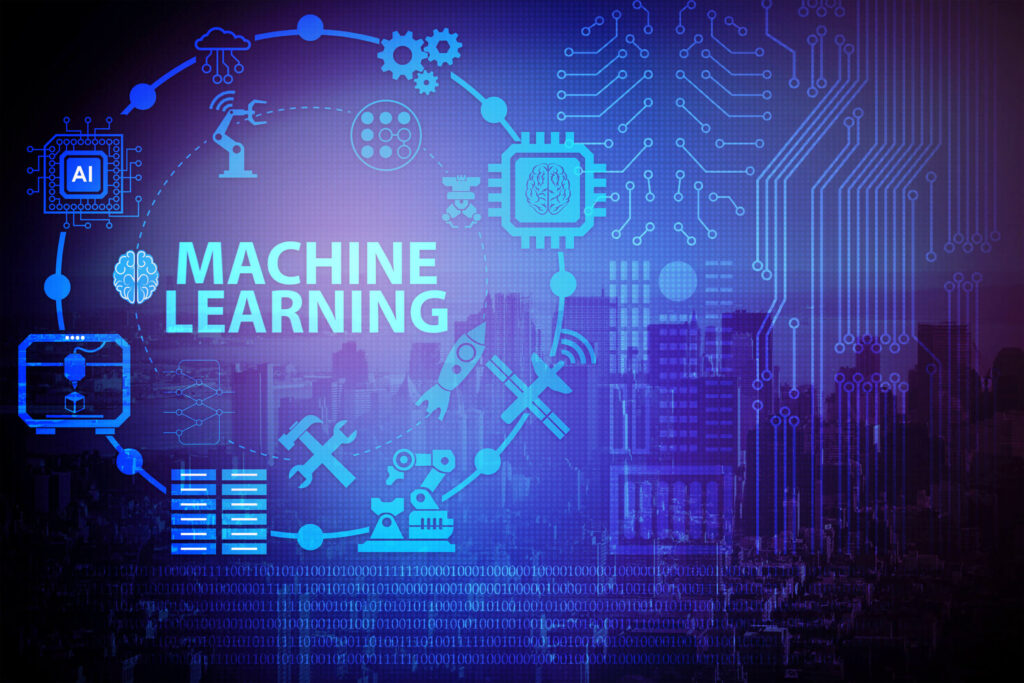
2. Natural Language Processing (NLP) Tools:
NLP tools focus on human language and its interactions with computers. Examples include chatbots and translation services like Google Translate, which use advanced algorithms to understand and generate human language.
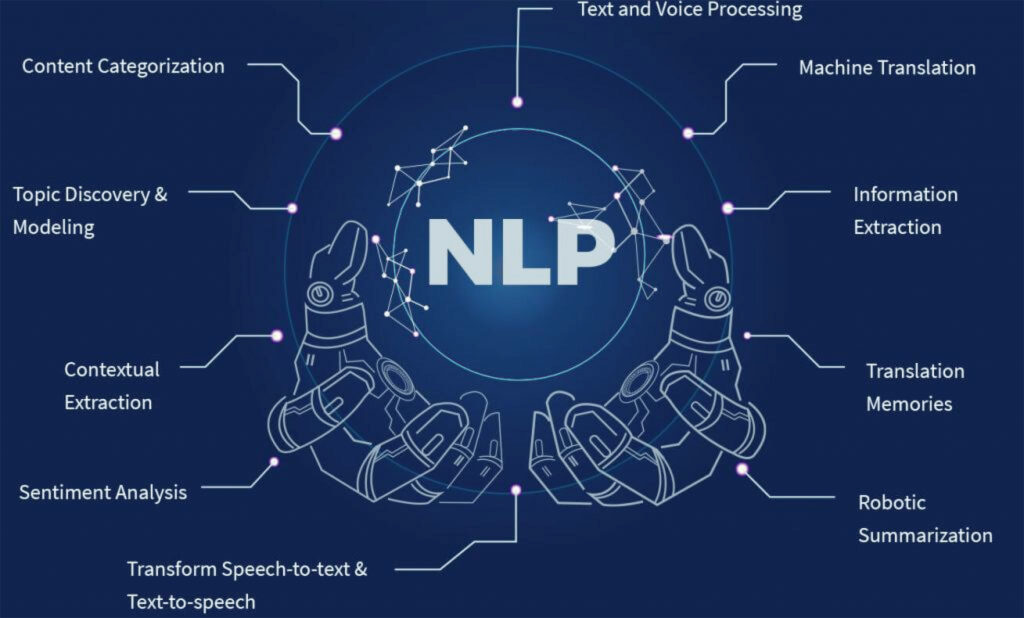
3. Computer Vision Tools:
Computer vision tools analyze and interpret visual data from the world. For example, applications like image recognition, object detection, and even facial recognition use computer vision to interpret images or video streams.

4. Robotic Process Automation (RPA) Tools:
RPA tools are designed to automate repetitive tasks by mimicking human interactions with digital systems. These tools are commonly used in industries like finance and healthcare, where automating data entry or claims processing can save significant time and reduce human error.

5. Speech Recognition Tools:
These AI toolsconvert spoken language into text and are frequently used in virtual assistants like Amazon’s Alexa or Apple’s Siri. They help streamline customer service and can be integrated into various business operations.
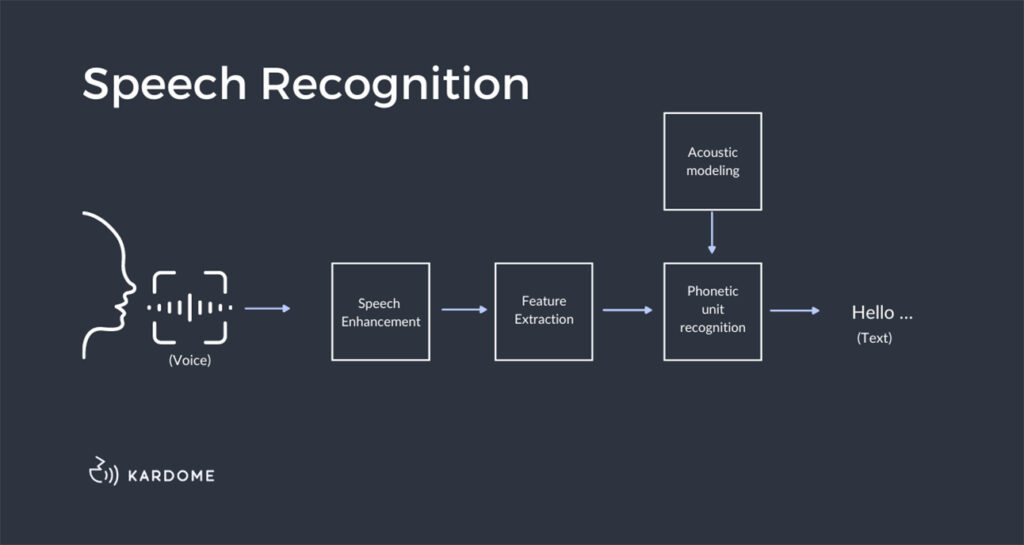
How AI Tools Are Transforming Industries
1. AI in Business:
In business, AI tools are primarily used to enhance decision-making, optimize marketing strategies, and automate customer service. Predictive analytics tools allow companies to analyze market trends and consumer behavior, enabling them to make informed decisions. Chatbots powered by AI are now a standard feature on many websites, providing customers with instant support 24/7.

2. AI in Healthcare:
AI tools are revolutionizing healthcare by assisting in diagnostics, treatment planning, and even surgery. For example, AI-powered tools can analyze medical images and detect abnormalities faster than the human eye. In addition, machine learning algorithms help in drug discovery by analyzing data much faster than traditional methods.
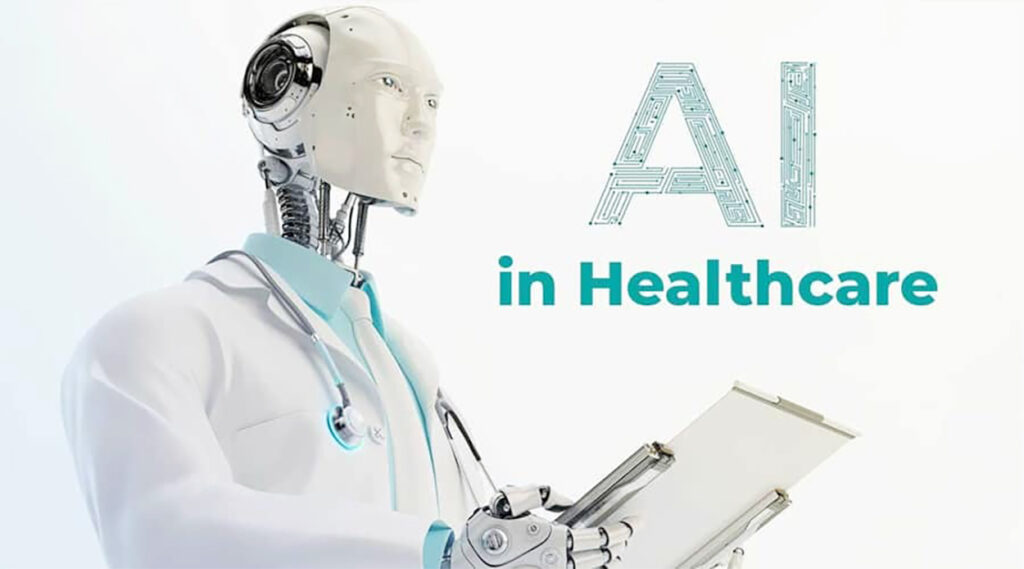
3. AI in Education:
AI tools in educationare making learning more personalized. From AI tutors to automated grading systems, students now have more resources at their fingertips to enhance their learning experience. Tools like adaptive learning platforms adjust to the student’s pace, helping them master subjects more effectively.

4. AI in Marketing:
Marketers leverage AI tools to optimize campaigns, target audiences better, and analyze consumer behavior. Tools such as Google Analytics and HubSpot use AI algorithms to track performance metrics and suggest improvements in real time. Personalized recommendations are also driven by AI, which enhances the user experience and boosts sales.
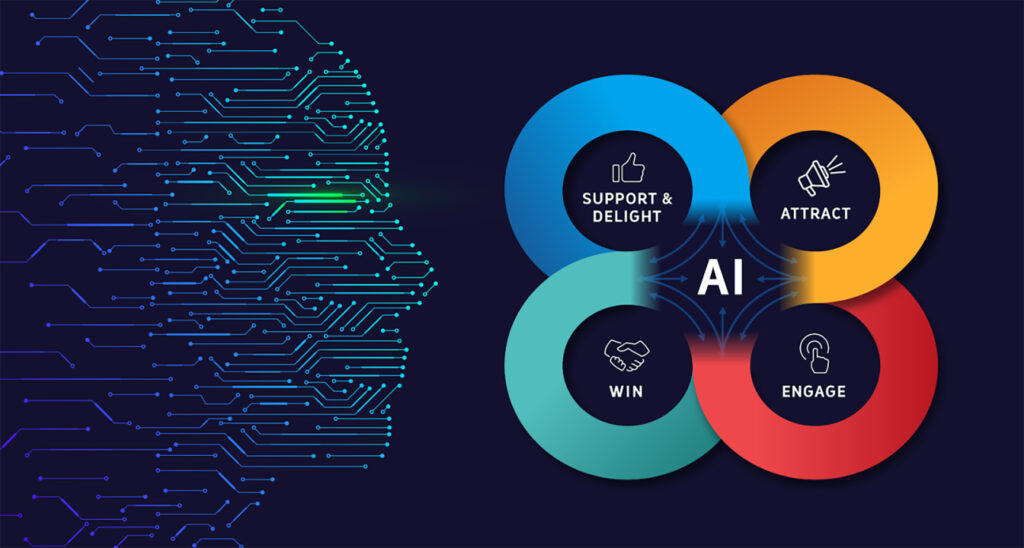
5. AI in Finance:
In finance, AI tools help detect fraudulent transactions, automate trading, and provide personalized financial advice. Robo-advisors, for example, use AI to manage investment portfolios, offering clients data-driven advice and recommendations.
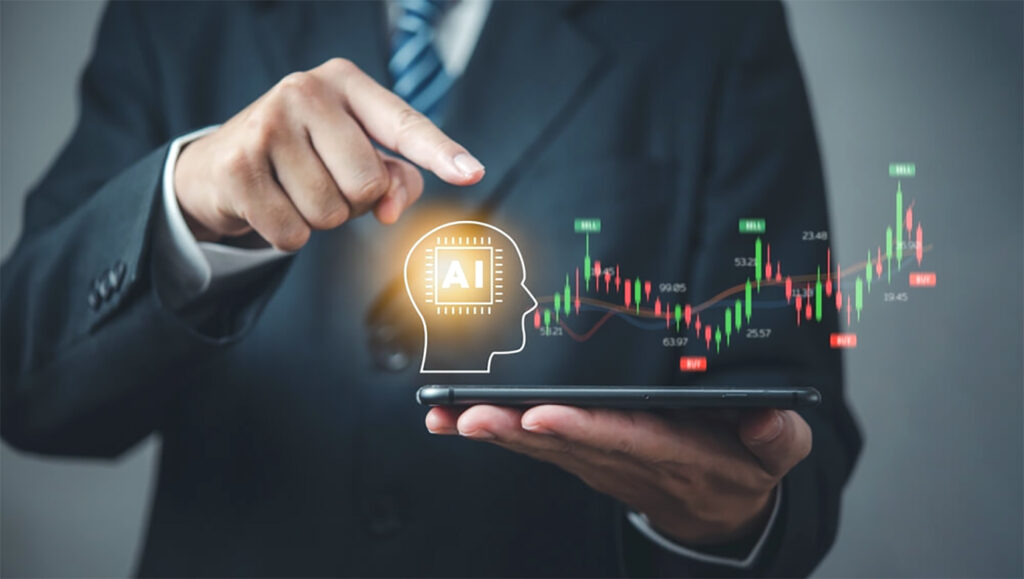
Advantages of AI Tools
1. Increased Efficiency:
AI tools automate repetitive tasks, freeing up time for employees to focus on more complex and creative work. This increases overall productivity.
2. Better Decision-Making:
With AI tools analyzing large amounts of data quickly, businesses can make more informed decisions. These toolsidentify patterns and predict outcomes, helping organizations stay ahead of the competition.
3. Cost Savings:
By automating processes that would otherwise require human intervention, AI tools can reduce costs significantly. For example, AI-powered chatbots reduce the need for large customer service teams.
4. Scalability:
AI tools are highly scalable and can adapt to growing business needs. They handle increasing amounts of data and transactions without compromising performance.
Challenges and Limitations of AI Tools
Despite their many benefits, AI tools do come with challenges:
1. Data Privacy Concerns:
AI tools often require access to vast amounts of data. This raises concerns about privacy and security, especially when dealing with sensitive information like personal or financial data.
2. Lack of Human Touch:
While AI tools are incredibly efficient, they lack the empathy and personal touch that humans can provide. This can be a drawback in customer-facing roles where emotional intelligence is essential.
3. High Initial Costs:
Implementing AI tools can be expensive, particularly for small businesses. The cost of acquiring and training these tools, along with the infrastructure needed, can be a significant barrier to entry.
4. Potential for Job Displacement:
AI tools can automate jobs, raising concerns about potential job losses in certain sectors. However, many argue that AI will create new roles and opportunities for workers, especially in areas like AI tool management and data science.
Conclusion:
AI tools are undoubtedly reshaping the way we live and work. From automating mundane tasks to enhancing decision-making, these tools offer immense potential across various industries. As technology advances, AI toolswill only become more powerful and accessible, making them an indispensable asset for businesses and individuals alike.
While there are challenges to adopting AI tools, the benefits far outweigh the drawbacks. By embracing AI, industries can achieve greater efficiency, accuracy, and scalability, driving innovation and growth.
FAQs:-
1. What are some popular AI tools?
Some popular AI tools include TensorFlow for machine learning, Google Analytics for marketing, and IBM Watson for healthcare.
2. Can AI tools replace human jobs?
AI tools can automate certain jobs, but they are also creating new opportunities in fields like AI management and data science.
3. How do AI tools enhance decision-making?
AI tools analyze large amounts of data and identify patterns, helping businesses make more informed decisions based on data-driven insights.
4. Are AI tools expensive to implement?
While initial costs can be high, the long-term benefits of increased efficiency and reduced labor costs often outweigh the expenses.
5. Is AI secure?
AI tools require robust data security measures to protect sensitive information. Businesses need to ensure that they comply with data privacy regulations.

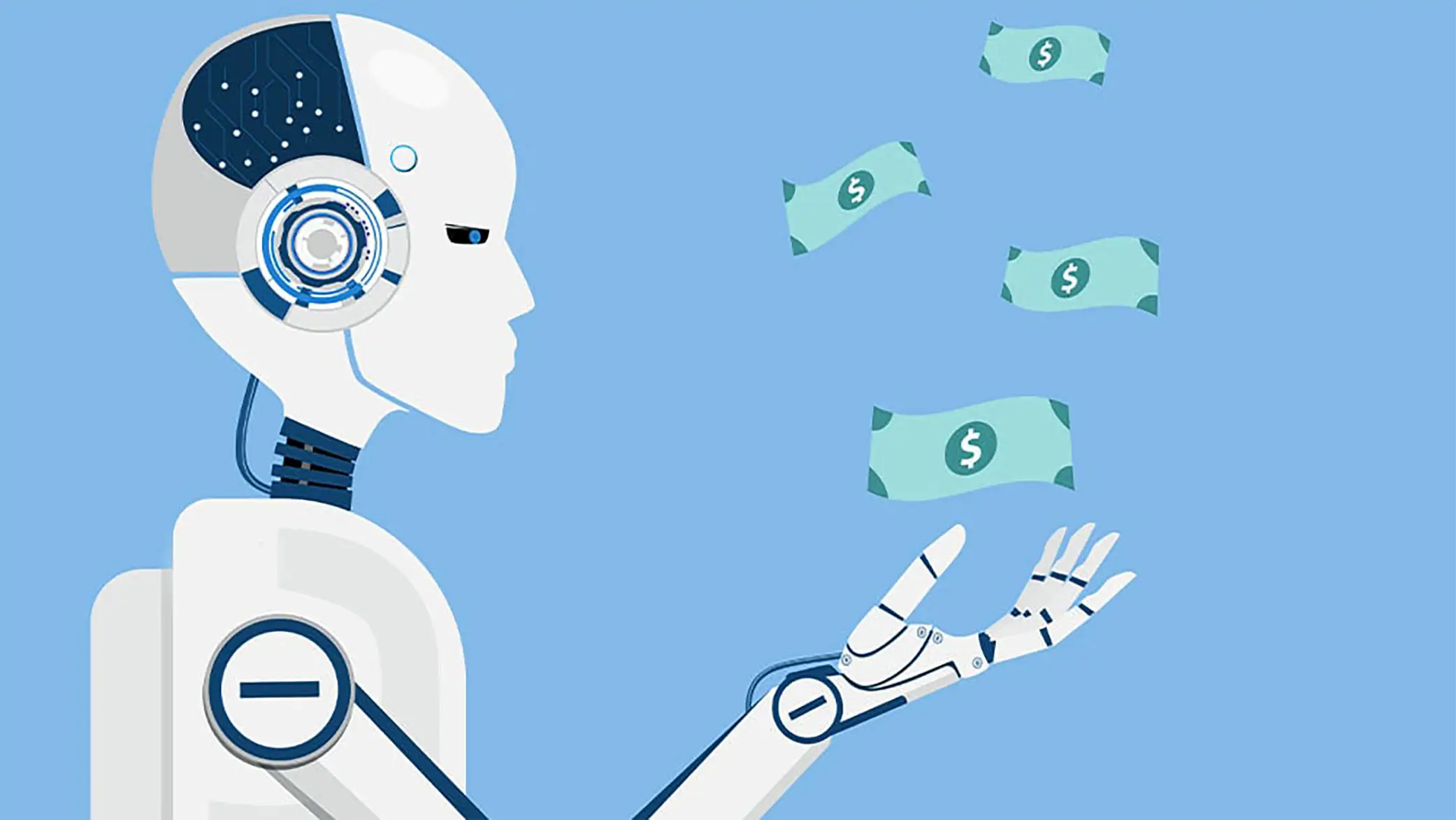
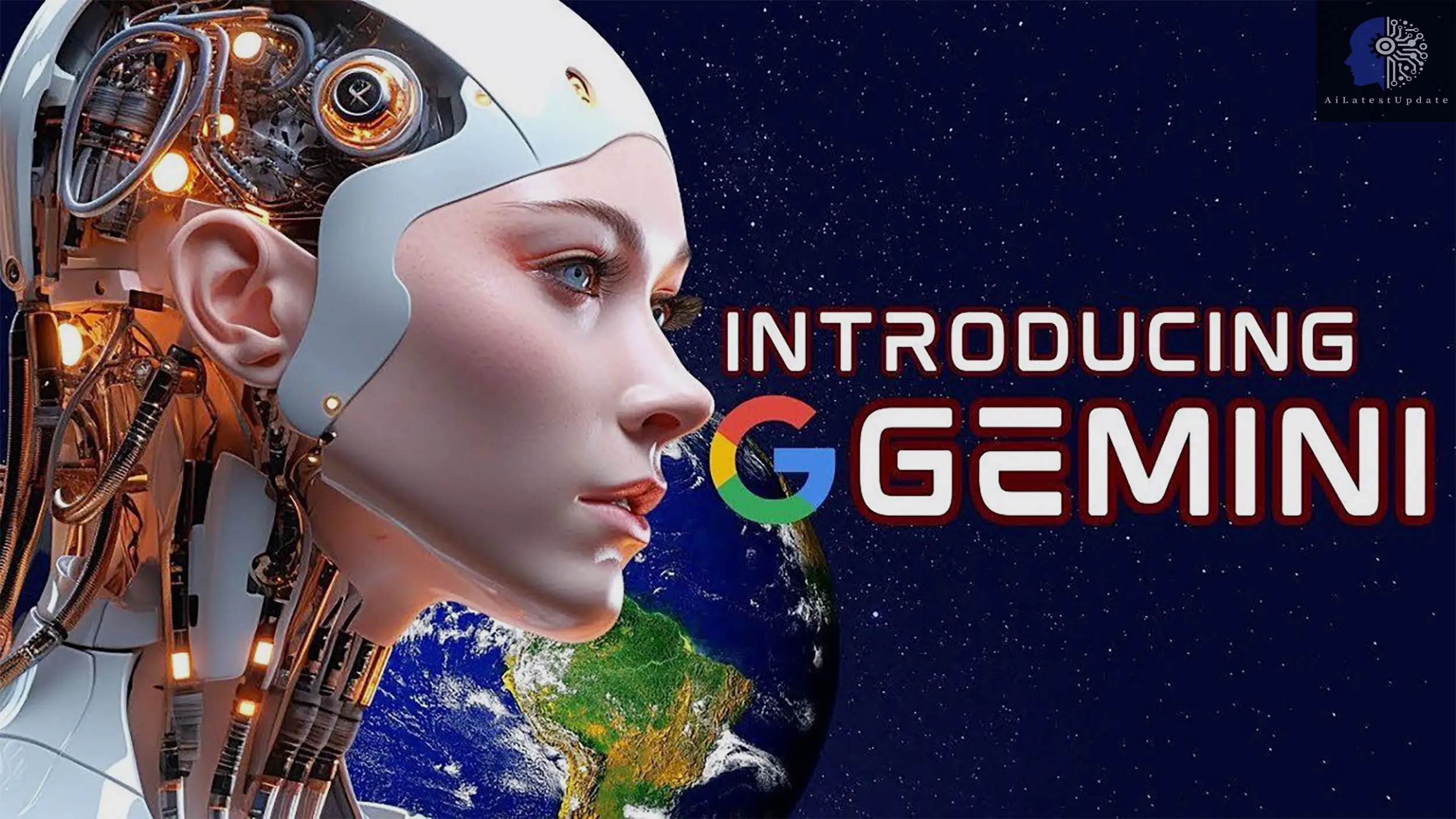











1 comment